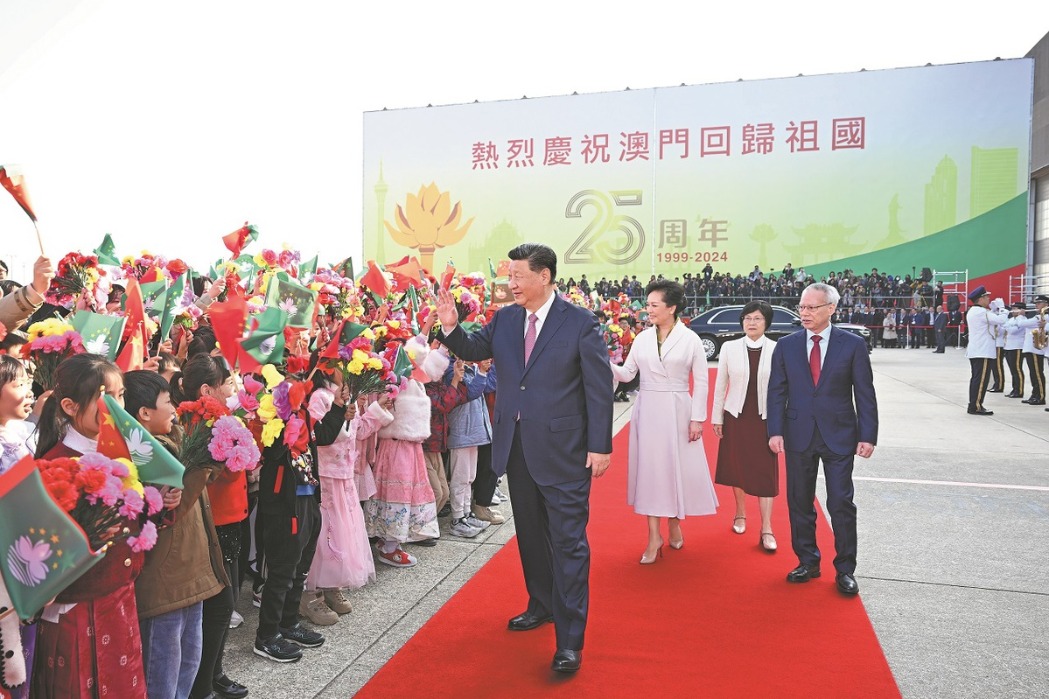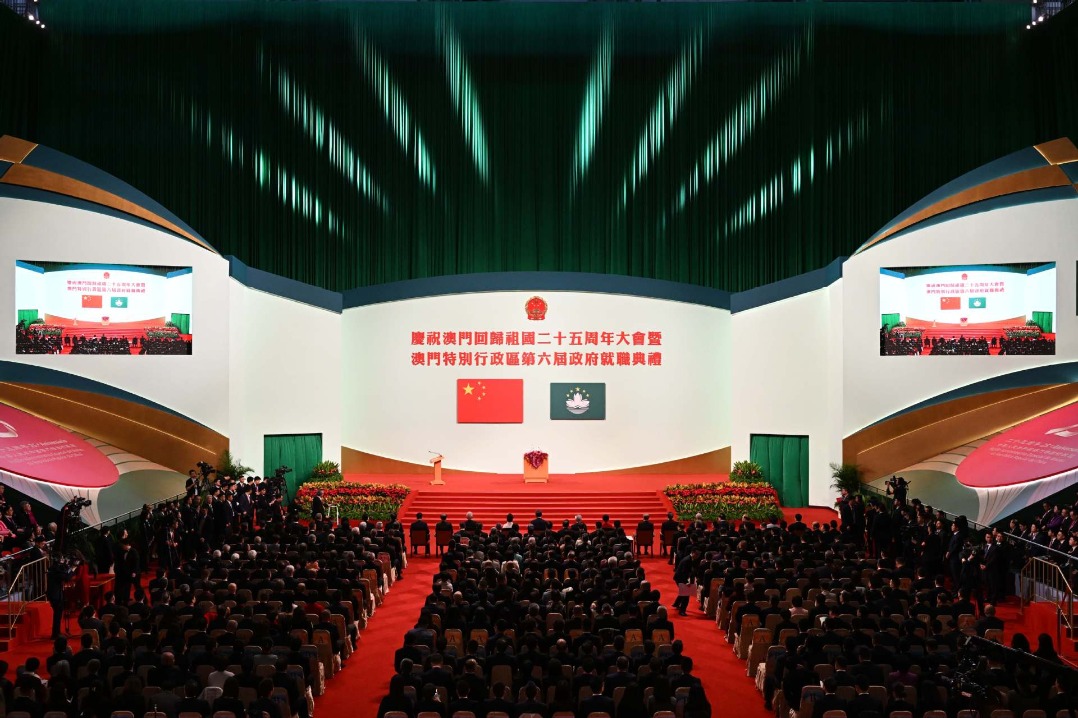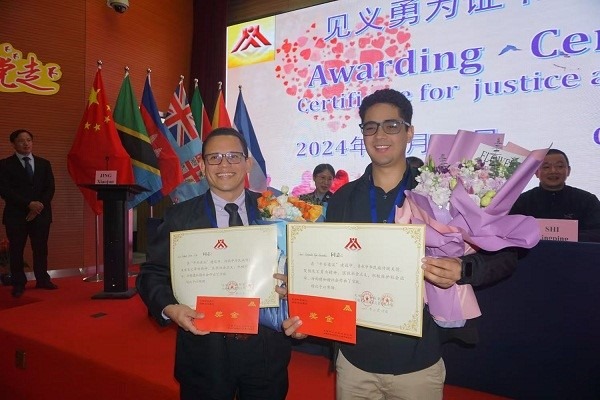Xi envisions cooperation on big data development


President's message calls for tackling legal, security, governance challenges
President Xi Jinping called on Sunday for strengthened cooperation among countries to explore opportunities of digital, internet-based intelligent development and to properly address legal, security and governance challenges arising from big data industry development.
He made the remarks in a congratulatory letter to the China International Big Data Industry Expo 2019, which kicked off in Guiyang, Guizhou province.
The new generation of information technology, represented by the internet, big data and artificial intelligence, is booming at present and has significant and profound influence on various countries' economic development, social progress and people's lives, Xi said in the letter.
China attaches great importance to the development of the big data industry and is willing to share opportunities of the digital economy's development with other countries and jointly explore new growth drivers and development paths by exploring new technologies, new business forms and new models, Xi added.
With increasingly wider applications of digital technologies in China, the country is expected to generate and store 27.8 percent of global online data by 2025, up from 23.4 percent last year, according to a report by market researcher International Data Corp and data storage firm Seagate.
In comparison, the US share will stand at 17.5 percent by 2025, a drop from its 21 percent share in 2018, the report added.
United Nations Secretary-General Antonio Guterres said that from medicine to transportation to farming, big data presents the world with a remarkable tool to advance global progress, but with that opportunity also comes risk.
"We must work together to ensure that big data, and the technologies that it enables, are harnessed for the benefit of mankind while minimizing the risks to development, peace and security and human rights," Guterres said in a congratulatory letter to the expo.
Miao Wei, minister of industry and information technology, said China has already made significant progress in bolstering the big data industry with a string of big data platforms established in sectors such as manufacturing, commerce, finance, transportation and medical care.
"We will make a fresh push to integrate cutting-edge information technologies into the real economy, including establishing a national industrial data center, to better power the country's sprawling manufacturing sector," Miao said at the opening ceremony of the big data expo.
According to the ministry, China's digital economy reached a total volume of over 31 trillion yuan ($4.5 trillion), or 34.8 percent of its GDP, in 2018.
Yang Xiaowei, deputy head of the Cyberspace Administration of China, also called for more efforts to develop the homegrown big data sector and highlighted that stepping up research and development is key to mastering core technologies.
Paul Romer, co-recipient of the 2018 Nobel Prize in economics and professor of economics at New York University, said he is impressed by China's proposal in cyber sovereignty which he understands as: Each nation must be able to write and enforce its own laws that regulate cyberspace, and ensure that cyberspace works to the benefit of everyone in the nation.
"China's articulation and implementation of cyber sovereignty means it is a chance for the world to see a different kind of organization for cyberspace, and a chance to see that with the right structure, we can get tons of benefits," Romer added.
Lu Yong, vice-president of Huawei Technologies Co, said China's digital economy has thrived on the basis that China has built the world's largest 4G network.
"5G is not just a faster 4G. It will fundamentally reshape how enterprises run businesses and overhaul a wide range of industries by using data to create more value," Lu said.
Contact the writers at masi@chinadaily.com.cn
- Death anniversary of Canadian surgeon Norman Bethune commemorated in China
- 1,200 punished for misusing school meal program funds
- China's strong opposition against US arm sales to Taiwan
- Yellow River Basin sees improved ecological environment
- GBA turns into dynamic growth engine for new quality productive forces
- Reproductive health education, fertility services vital to addressing declining birthrates






































